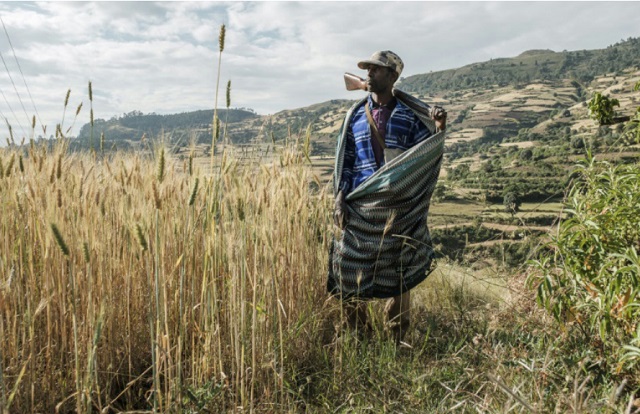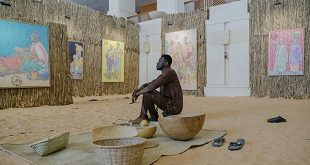
Troubled history provides clues why
| FRANCESCA BALDWIN AND HEIKE I SCHMIDT | Ethiopia’s government, under Prime Minister Abiy Ahmed, is carrying out a military offensive in Tigray, Ethiopia’s most northern state. A six month state of emergency has been declared in the region. Dozens of casualties have been reported amid fears that nine million people are at risk of being displaced.
The offensive follows accusations by Ahmed’s government that forces loyal to the Tigray People’s Liberation Front, the ruling party in Tigray, attacked a military base. There have since been reports of a number of air strikes on the Tigray capital, Mekelle.
There have been mounting political tensions in the country. The Tigray People’s Liberation Front dominated the country’s military and government before Ahmed took office in 2018. His subsequent formation of a new Prosperity Party saw members of the Tigray People’s Liberation Front removed from critical positions.
Despite comprising only 6% of Ethiopia’s population, Tigrayans have historically carried a significant proportion of federal power since leading the way to victory during the 1974 to 1991 Civil War. They have recently protested their marginalisation and alienation by Ahmed’s administration.
Tensions reached a peak when the Tigray People’s Liberation Front criticised Ahmed’s decision to postpone the nationwide August 2020 elections indefinitely because of COVID-19. In an act of defiance Tigrayan leaders recalled their federal representatives from Addis Ababa and held their own elections.
Rhetoric escalated, as Ahmed condemned the elections as “illegitimate” while Tigray media outlets have called the government a “personalistic dictatorship”.
As historians of conflict and popular insurgency, including the Ethiopian Civil War, we argue that this is no trivial political dispute. Ethiopia is a transethnic federation, meaning it is a centralised state made up of a network of decentralised ethnic-based administrations. These are in regular competition for influence.
The Tigray People’s Liberation Front wants to prevent Ahmed from replacing the federal arrangement with a unitary government, in which they would not play a critical part.
There is a real possibility that an all-out civil war could begin and spill over into the rest of the country. History shows that there is the capacity for widespread mobilisation within the Tigrayan community. The Tigray state is also at Ethiopia’s border with Eritrea and so its military has considerable conflict experience. It’s estimated that the Front’s paramilitary force and local militia number some 250,000 troops.
In addition, there has been recent violent dissent among other ethnic groups in Ethiopia. This has included the Oromos, the Prime Minister’s own ethnic group. Friction has also remained along the border with Eritrea.
If Tigray continues to engage with government forces, it could encourage other dissenting groups to do the same and potentially draw neighbouring states into the conflict.
There have been international calls for de-escalation and peaceful resolution. But Ahmed has vowed to continue with military and political action. The threat of repeated history looms large.
 The Independent Uganda: You get the Truth we Pay the Price
The Independent Uganda: You get the Truth we Pay the Price

